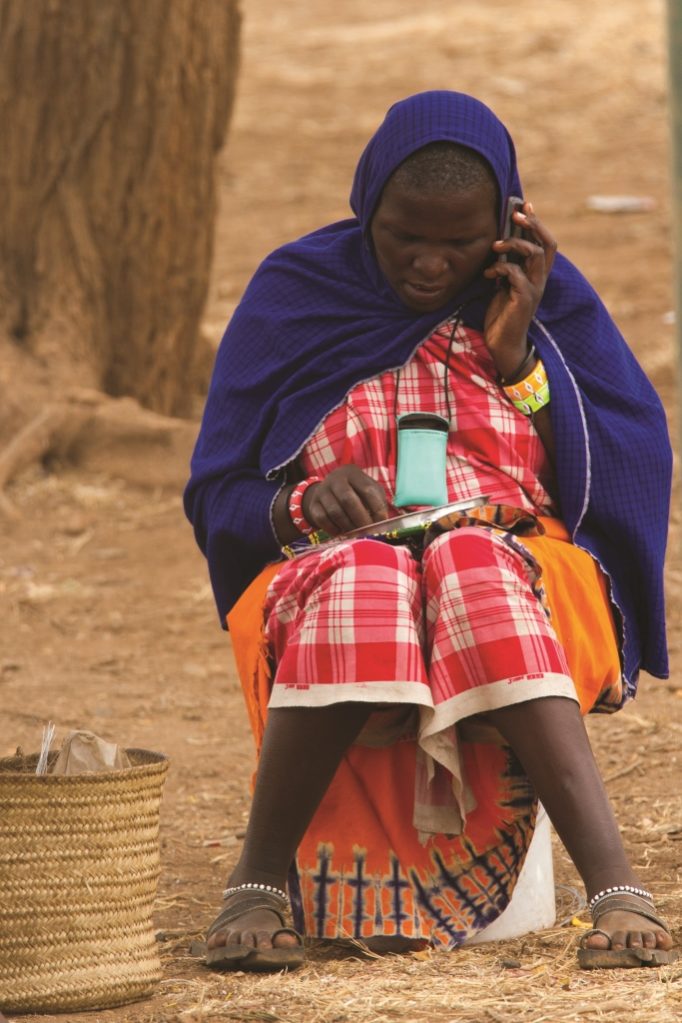In its research report on financial technology (FinTech), The Future of FinTech and Banking, Accenture signalled that the revolution is well under way. The report indicated that global investment in FinTech companies had tripled to $12.2 billion last year, up from $4 billion in the previous year. Although it said Africa was lagging behind, the continent holds a lot of promise.
In the latest report by WorldRemit, Currency Cloud and Ixaris, titled Payments Innovation Jury Report 2015, Africa is seen as more promising than the traditional financial capitals of the world.
The digital revolution is not new in Africa. Mobile payment systems on the continent have set the pace internationally. The extraordinary story of M-Pesa, which in just six years enabled more than 15 million Kenyans to send and receive money electronically, is a good example. With more than 140 million registered accounts, mobile payments in Africa are quickly becoming mainstream. M-Pesa’s recent innovations, such as M-Shwari, a mobile bank account which facilitated loans worth of more than $200 million in Kenya last year, is set to continue blazing a trail in global FinTech innovation.
The remittance market is another important area for African FinTech. With the amount of money sent to sub-Saharan Africa via mobile phones set to hit $33 billion this year, it is easy to see why this market is attractive. Innovation is expected to bring down remittance charges, which currently stand at twice the global average according to the Overseas Development Institute, an independent think tank. Innovators, such as MFS Africa, are honing in on the intra-African remittance market, where remittances can rise up to 20% of face value. World Bank figures indicate that $11 billion is sent within Africa each year and African companies are taking advantage of the 650 million mobile phone subscriptions to tap into this field.
Agriculture is another sector being invaded by FinTech. Already, several innovations are bringing financial access points closer to the farmer. E-wallet in Nigeria allows farmers to receive subsidised seed and fertiliser vouchers on their mobile phones. Likewise, Intellect Tech in Kenya is helping farmers and insurance firms track compensation claims. With proven success, it’s not surprising that funding has followed. In June, two start-ups were awarded $50,000 through Village Capital FinTech for Agriculture: East Africa 2015.
Loading...
Despite the obvious success, there are still many barriers for FinTech in Africa. One key obstacle is regulation. Africa has more than 50 countries, each with their own regulations, resulting in restricted capital flow, like the exchange control that is still in place in South Africa. Another issue is the focus on local problems – innovators need to realize that FinTech is part a global ecosystem. Nonetheless, Africa still faces a massive opportunity to lead the way in the FinTech evolution.
Although funding was a major barrier in the past, the situation is slowly improving. Incubation hubs have sprung up all over Africa, kick-starting the next generation of technologists. Rand Merchant Insurance (RMI) in South Africa has a club called AlphaCode that helps provide networking opportunities for the local FinTech entrepreneurs. Recently, Barclays Bank Kenya launched an innovation lab that will provide a base for local developers to come up with game-changing ideas that will change the future of the financial industry. All this makes the sector an attractive option for investors. Investment in FinTech companies is expected to double to $8 billion in 2018, according to Accenture.
With a young population set to explode in the coming decades, Africa is positioned to benefit from financial innovation. FinTech is making essential services more accessible to the wider population. The African companies providing these services are on the march and there doesn’t seem to be any way to stop them.
Loading...
